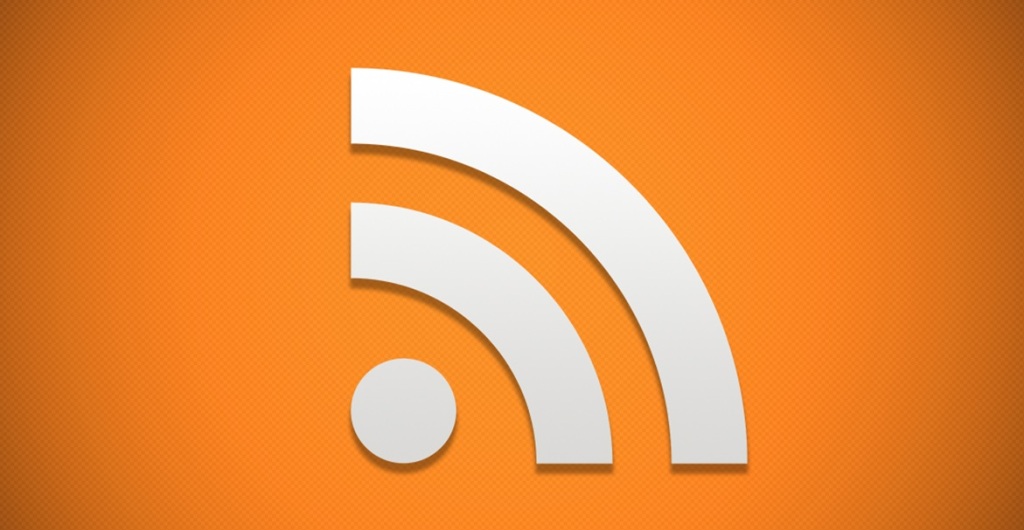
If you spend much time online, it’s likely you’re aware of RSS feeds as a method of keeping up with blogs and websites. But what exactly is this technology? And, more importantly, how can it benefit you as both a consumer and a publisher of content?
A Brief Introduction to RSS
RSS dates back to the late 1990s and was developed as a way to allow website content to be syndicated for use on other sites. Today it is a very popular standardized format used to publish frequently changing content, most commonly news headlines but also forum posts, video content, blog comments and calendar events.
Using RSS Feeds to Read Content
The main benefit of RSS is that instead of having to go out to each individual website and see if there is any new content, content comes to you in one centralized location. The predominant method for using RSS feeds is through an application known as a feed reader or aggregator, such as Google Reader.
You can subscribe to RSS feeds at the click of a button, either within Google Reader or on the original website itself, and the reader program will notify you every time new content is published. Additionally, subscriptions can be organized into folders, and if a particular feed no longer interests you, it is easy to unsubscribe.
By using an RSS reader, you can easily scan through headlines and read a snippet of each article to decide which ones are worth reading right away. In addition, some publishers will syndicate the full text of their articles so they can be read in their entirety right within your feed reader.
Benefits of Promoting Your Business’s RSS feed
In addition, if you’re a webmaster or business owner, RSS feeds have some important benefits for you. By creating an RSS feed for your content and encouraging visitors to subscribe, you allow those who stumble on your website to become regular readers who will continue to engage with your content and your brand.
Original Article Was Published Here: A Few Simple Benefits of Using An RSS Feed